The University of Chicago will host a panel of experts from UChicago, Argonne National Laboratory and the Fermi National Accelerator Laboratory on Thursday, Feb. 7, who will discuss the discovery of the Higgs boson particle. In their discussion, titled “Critical Mass: How the Higgs Boson Discovery Swept the World,” the scientists will explain what caused such a stir around the world and why non-scientists should care.
“Until the discovery of the Higgs boson, physicists had been working with a set of theories that provided a highly successful description of interactions of subatomic particles, but for which the key ingredient had not been observed experimentally,” said Robert Fefferman, dean of the University of Chicago’s Physical Sciences Division. “This discovery and follow-up studies will surely influence the direction of high-energy physics research for years to come.”
For more than two decades, physicists around the world have chased the Higgs boson. Last summer, scientists at the Large Hadron Collider in Geneva, Switzerland, announced the discovery of that particle dubbed by some as the “God particle.” The name stuck because without the Higgs, theorists believe, the universe would contain no atoms, no elements, no stars, and no people. Physicists from the University, Argonne, and Fermilab have played a large role in the discovery through decades of work at Fermilab and the LHC, including the Feb. 7 program’s five speakers.
The panelists are: Young-Kee Kim (moderator), deputy director, Fermilab and professor of physics; Marcela Carena, senior theoretical physicist at Fermilab and professor of physics; Tom LeCompte, physicist, High Energy Physics Division at Argonne; Patricia McBride, scientist and head of the Compact Muon Solenoid Center at Fermilab; and Mark Oreglia, professor of physics.
As part of the Discovery Series, the University sponsored three full-day workshops for high school science teachers on Jan. 12 to enhance understanding of the physics underlying the discovery. The workshops, conducted at Argonne, Fermilab and the University of Illinois at Chicago, gave teachers the opportunity to meet with a local physicist, work through three inquiries based on important concepts from particle physics research, and learn how to prepare students for the panel presentation.
The Feb. 7 event will take place from 6 to 8 p.m. in the Performance Hall at the Reva and David Logan Center for the Arts. Seating will be on a first-come, first-served basis; however, to help gauge attendance, those who plan to attend the event may reserve a seat at this link.
The Discovery Series is a new free, public speaker series at the University of Chicago. This biannual series will feature the latest research from the University as well as panel discussions of major scientific advances. Guests will hear the stories behind the science and engage with University experts in Q&A sessions.
“The Discovery Series will make groundbreaking science and leading scientists more accessible to the community surrounding the University’s campus and to the Chicago area more broadly,” said Derek Douglas, Vice President for Civic Engagement. “In addition, the accompanying workshops support the University’s commitment through UChicago Promise to help prepare Chicago’s students for college by strengthening science education for both high school students and their teachers.”
Doors will open at 5:15 p.m. at the Logan Center. Café Logan will be open and free parking is available after 4 p.m. in the lot adjacent to the center at Drexel Avenue and 60th Street. The event also will be webcast. Questions can be submitted real-time via Twitter, #UChiDiscovery.
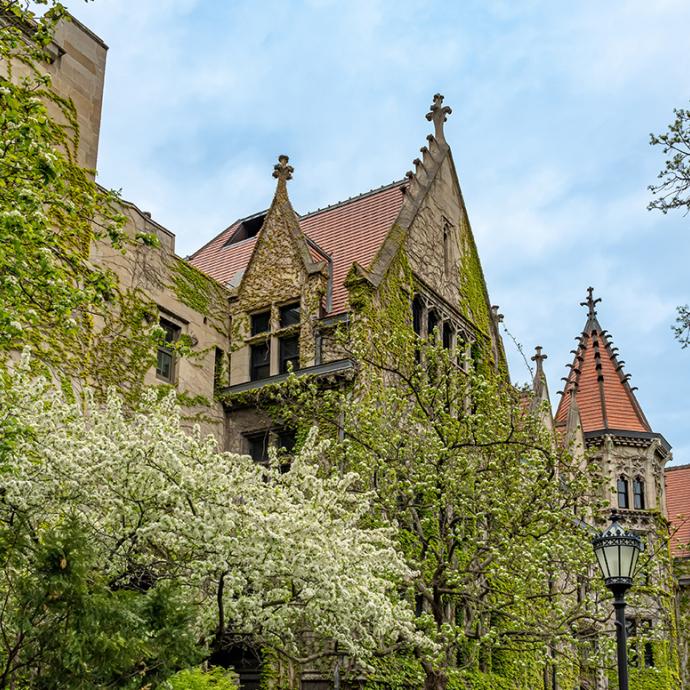
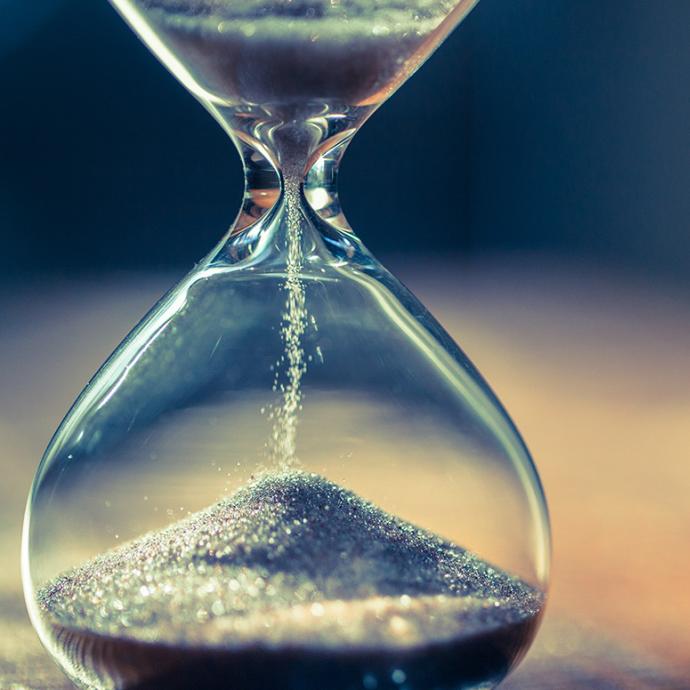
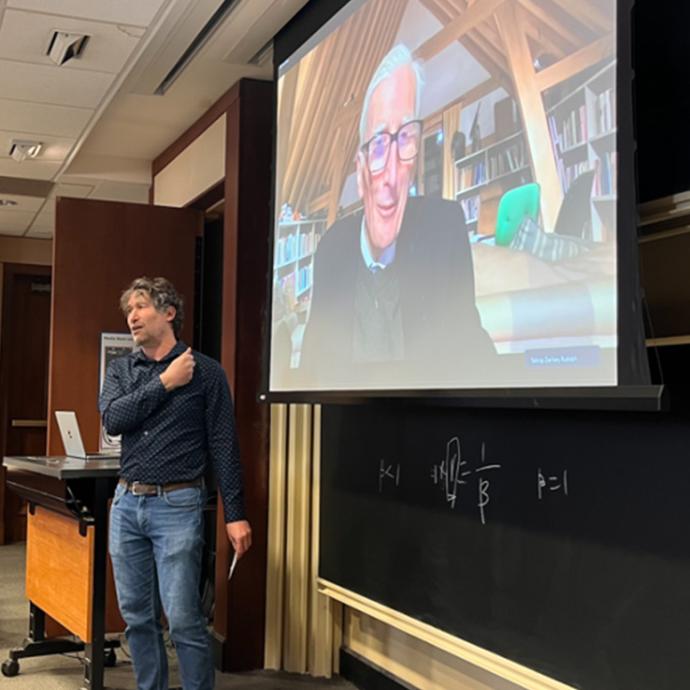
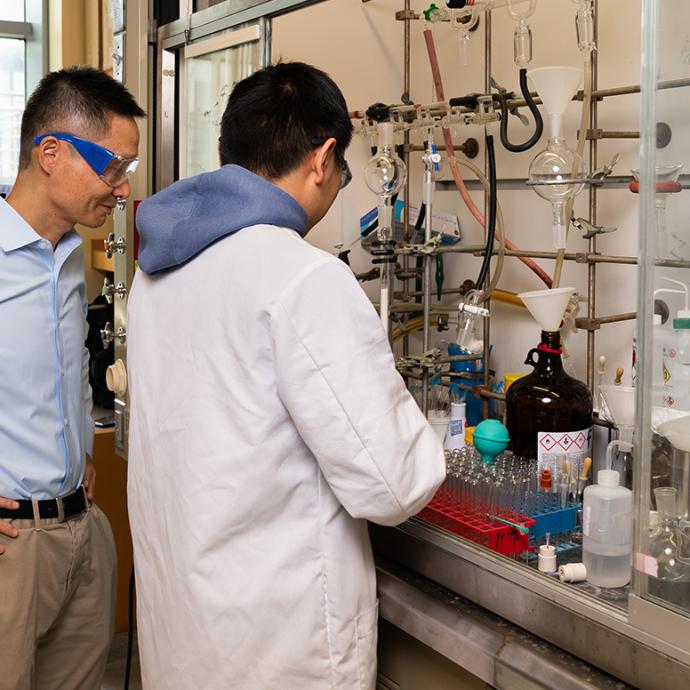

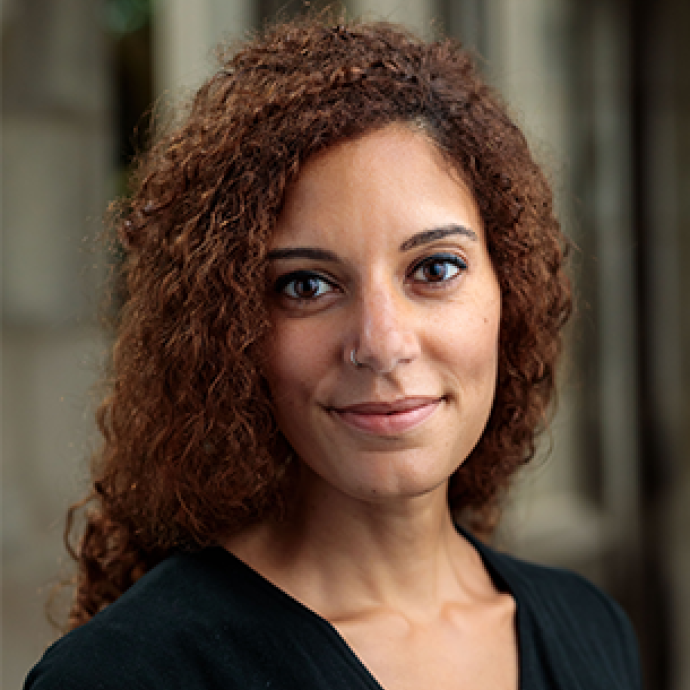
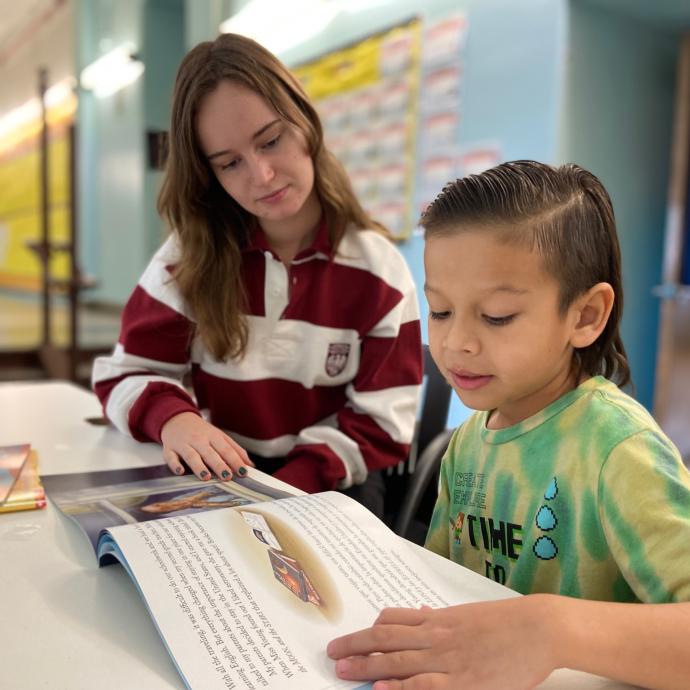



 —Prof. Chuan He
—Prof. Chuan He
